FC parent, students share struggles of elderly relatives dealing with outbreak’s impact

With the spread of the COVID-19 reaching across the United States, lives are often put at risk on a daily basis. Due to this, many stores have started to run out of supplies as people rush to buy supplies.
According to the Centers for Disease Control and Prevention (CDC), grandparents and elderly individuals with ages above 65 remain at high risk of catching the coronavirus and are encouraged to socially distance and isolate themselves to prevent infection.
FC parent and volunteer, Angela Monroy takes on the responsibility of taking care of her parents, Angie and Paul Monroy. She visits them daily and assists them with whatever they need. She shares her weekly care routine for her parents.
“My father, he’s 89, he’s able to live alone for right now,” Monroy said. “I go pick him up everyday to make sure he’s dressed and had some coffee in the morning. Then we go see my mom at the California Armenian Home everyday and we visit with her. We come to my house, eat dinner together and then I take them both home. I clean my dad’s house weekly and I take him to any doctors appointments if he has any.”
According to the (CDC), there have been a total 186,101 conornavirus cases and 3,603 deaths in the U.S, March 31. On the same day, California reports a total of 8,155 positive cases and 171 deaths. In Fresno County, there are 82 confirmed COVID-19 cases with hundreds more suspected as of April 1. COVID-19 is in all 50 states.
Although the CDC’s website explains that most cases arise from those not showing symptoms, Massachusetts health officials found that at showed that 82 cases were caused by people who were not yet showing symptoms. Federal officials have confirmed that asymptomatic transmission is possible.

Living with his grandma for 10 years, Brennen Tozlian, ’21, shares how he and his family are feeling during the outbreak of the virus.
“When the whole outbreak started to become scary,” Tozlian said, “I asked my grandma if she cared if I went out and hung out with people. She said the whole thing was fake, so I didn’t worry too much about it.”
Though Tozlian’s grandmother may not be fearful of the virus, his mother worries about virus and has enforced rules to ensure the safety of their loved ones.
“My mom is really worried about the virus now,” Tozlian continued, “so she hasn’t really let me go meet with anyone. With the whole shelter-in-place mandate, she has gotten really strict about not seeing anyone unnecessary.”
The governor of California, Gavin Newsom, has advised individuals to stay home if they are of the age 65 or older to avoid contracting the virus. Those in elderly homes or rehab have also been denied visits from family. Monroy shares how these new enforcements negatively impact their grandparents.
“Now everything’s on lockdown,” Monroy continued. “Now we’re not able to see my mom at all and we’re not able to get the laundry; I’m not able to assist her with her shower. My father on the other hand, I still see him. He’s either staying home or he comes to our house to eat dinner with us. I do see him everyday but he’s upset now because we can’t see my mom; he’s a little bit depressed.”
In the following podcast,, junior Celeste Castaneda interviews Faith Monroy, ’21, and Angela Monroy about COVID-19’s effects on family routines.
Living with his grandparents for nearly eight months, junior Kaden Friesen discusses how the outbreak has affected him and his family.
“Living with grandparents during the outbreak of COVID-19 is tough,” Friesen said. “My family isn’t allowed to leave the house or let anyone else in the house. My dad still goes to work everyday and has to live in our trailer for the safety of my grandparents. We still try to eat dinner with him every night, but it’s tough doing so.”

Mackenzie Beckworth ’21 shares how the outbreak has changed her family routines. Though she lives close to her grandparents, due to the virus, she can no longer see them while quarantined.
“I haven’t seen my grandparents at all since this all happened.” Beckworth said. “Our routines have greatly changed, and even though they live close by, I can’t go to their house and hang out. They have quarantined themselves, so our precautions are leaving them alone.”
“Many families following the advice of leaders, such as Governor Newsom, are taking precautions to ensure the safety of those around them by staying home. Friesen shares how he and his family are being cautious during this time.
“We have been washing our hands every time we come back into the house for 40 seconds,” Friesen said. “We try to avoid leaving the house overall. Normal routines have completely changed. We are not able to leave the house, unless needed, and are now having to do school online.”
As Monroy shared, many elderly people rely on their children or grandchildren to take care of them. However, with the outbreak, things have changed for those who can no longer care for their loved ones during this time. Monroy shares her worries during this time for her parents.
“I’m worried that my mom’s going to slip into a depression and that she’s crying,” Monroy said. “I’m hoping she’s not but she does know everyone there and I just keep praying that she’s not sad and that she doesn’t go into a depression and that she will allow them to shower her. And my dad, I just hope he doesn’t get used to staying home because I want him to be coming out.”
Faith Monroy, ‘21, shares the worries she has for her grandparents during the outbreak of the virus.
“For me I feel bad, because my grandma,” Faith said. “She doesn’t have a lot of speech so it’s hard for her to understand, to communicate and it’s hard not seeing us every day. For my grandpa, he’s ok by himself, but I still feel bad that he doesn’t see my grandma.”
Be sure to practice social distancing and stay clean to slow the spread of the virus. As of right now, the U.S. will remain on lockdown until the end of April.
For more articles, read Join the Discussion: Alternative learning at home, and Online community bridges separation amidst shelter-in place mandate.
Celeste Castaneda can be reached via email.

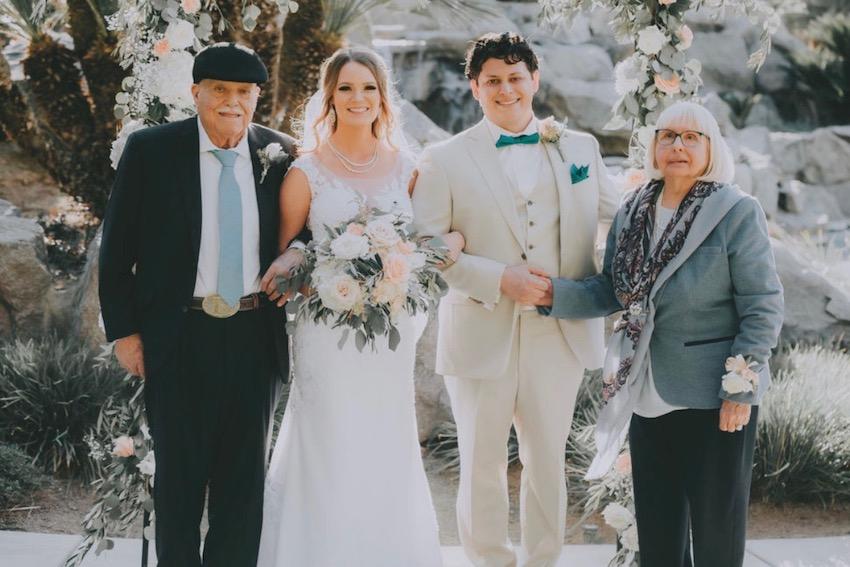
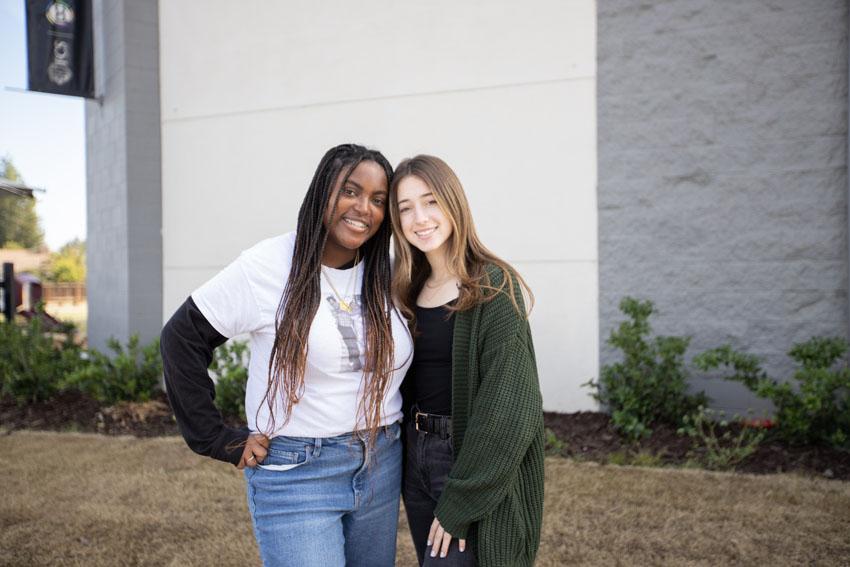
![[Podcast] Moving Forward: God in the unexpected](https://thefeather.com/wp-content/uploads/2023/01/IMG_9994.jpg)
![[Podcast] Moving Forward: Fentanyl crisis](https://thefeather.com/wp-content/uploads/2022/11/20170509-fentanyl-pictures-0012.jpg)
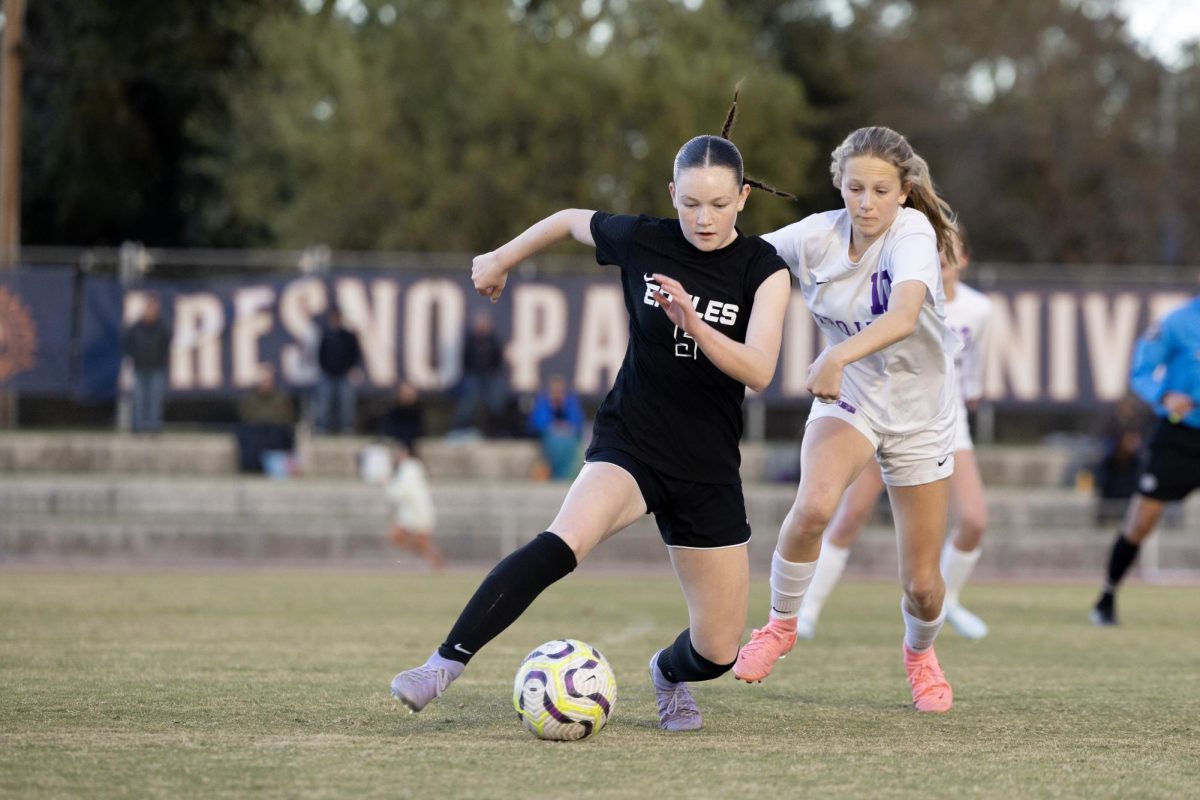
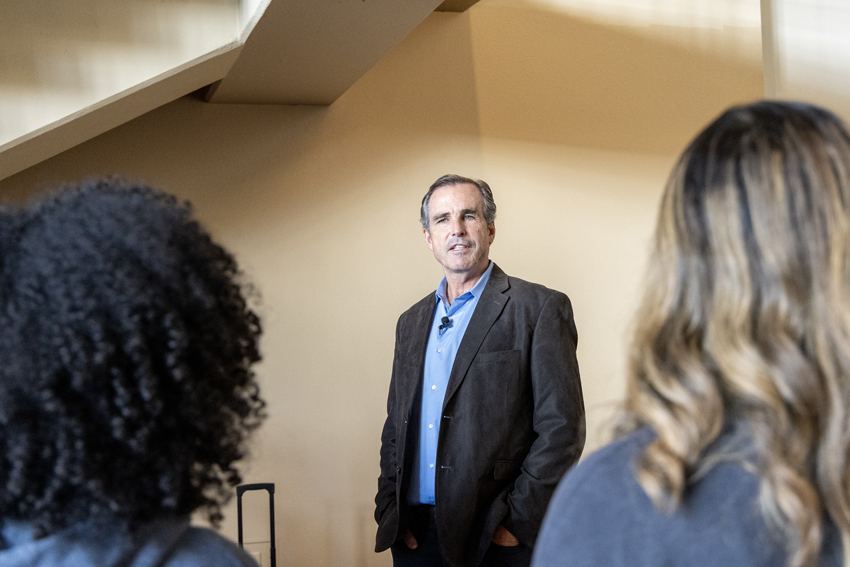

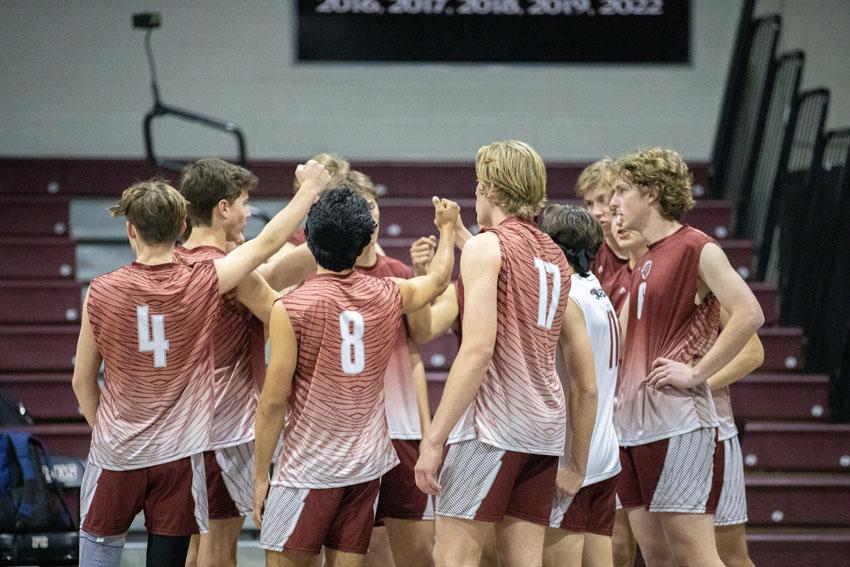

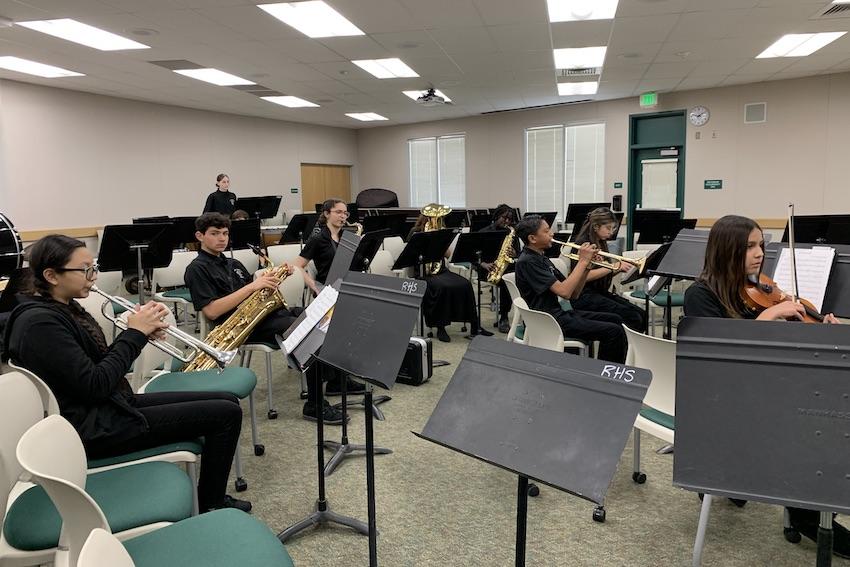
Sarah Smith • Apr 3, 2020 at 3:19 pm
Awesome article Celeste!